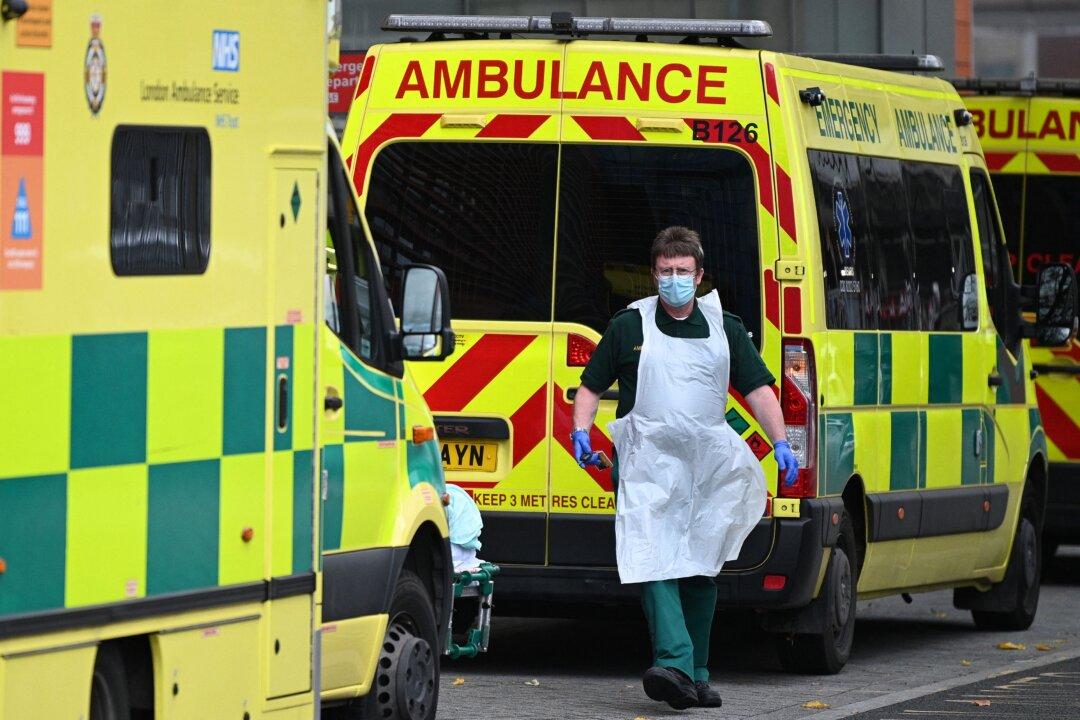Patients with NHS appointments may now be able to shorten their waiting times for treatment if they are willing to travel to another hospital, NHS England said on Aug. 10.
It’s part of the service’s effort to reduce the record-high backlog from COVID-19 pandemic lockdowns and nine months of back-to-back industrial actions by doctors and nurses.





